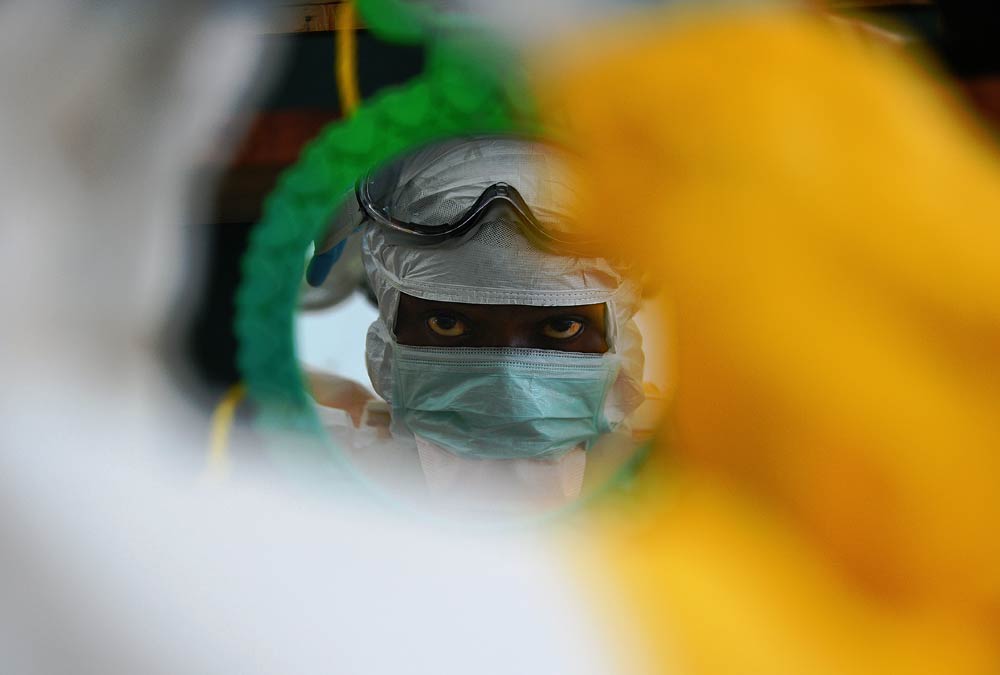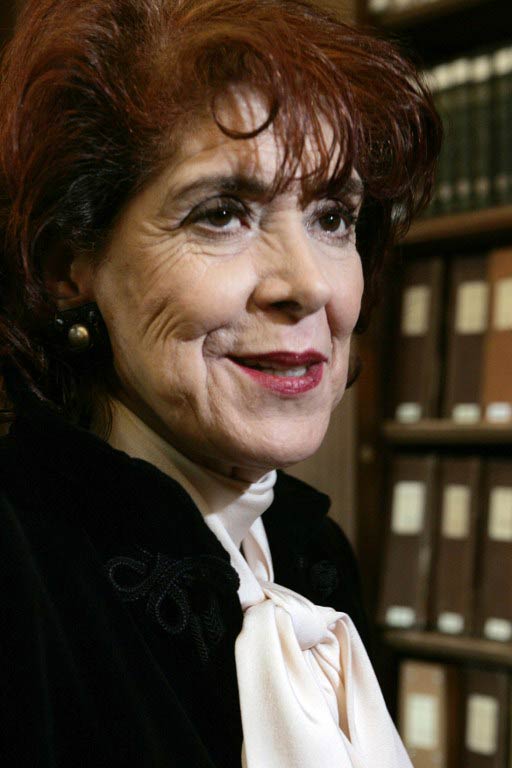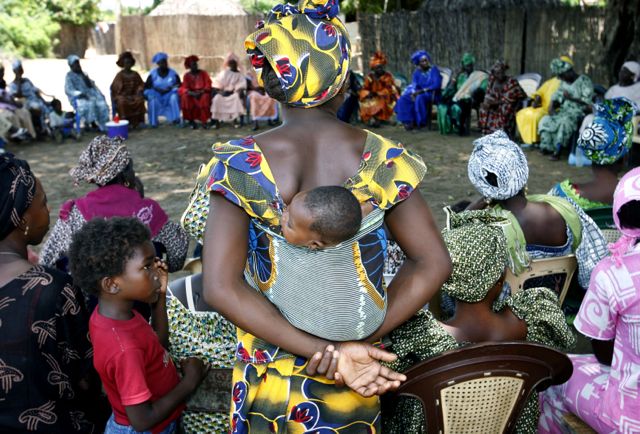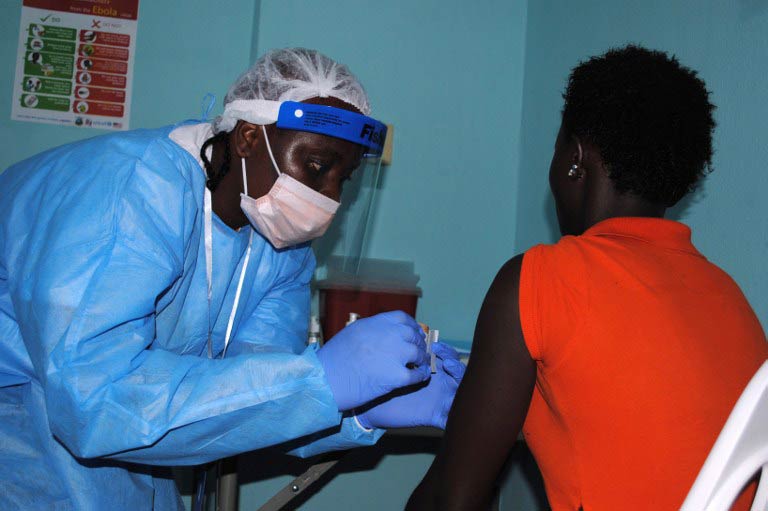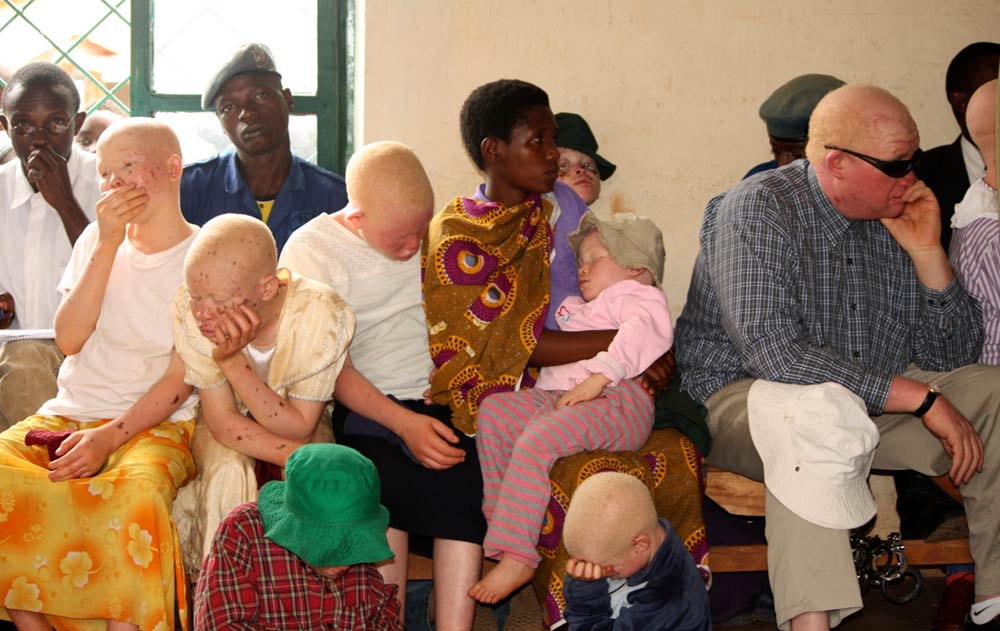
The mutilated body of an albino toddler has been found in Tanzania with his limbs hacked off, the latest such killing for body parts for witchcraft, the police said on Wednesday.
The United Nations condemned the attack, warning that with general elections looming – when people may turn to witchcraft to boost political campaigns – albinos in Tanzania were facing a “dangerous year.”
The one-year old boy, Yohana Bahati, was seized by men with machetes from his home in northern Tanzania’s Chato district overnight on Saturday, with police finding the body on Tuesday afternoon in a forest area close to his home.
“His arms and legs were hacked off,” regional police chief Joseph Konyo said.
The baby’s mother Ester Jonas, aged 30, is in a serious state in hospital with machete cuts to her face and arms after she tried to protect her baby.
The killing follows the kidnapping in December of a four-year-old albino girl also in northern Tanzania. Multiple arrests were made but the child has not been found.
UN country chief Alvaro Rodriguez said he was “deeply concerned by the abductions of these two young children,” saying that at least 74 albinos have been murdered in the east African country since 2000.
The UN repeated its fears that attacks against albinos could be linked to looming general and presidential elections in October 2015, leading political campaigners to turn to influential sorcerers for help.
“These attacks are accompanied by a high degree of impunity, and while Tanzania has made efforts to combat the problem, much more must be done to put an end to these heinous crimes and to protect this vulnerable segment of the population,” he added.
“This is the year of elections in Tanzania and, as some analysts have suggested, it could be a dangerous year for people living with albinism.”
Albino body parts sell for around $600 in Tanzania, with an entire corpse fetching $75 000, according to the UN.
Albinism is a hereditary genetic condition which causes a total absence of pigmentation in the skin, hair and eyes. It affects one Tanzanian in 1 400, often as a result of inbreeding, experts say. In the West, it affects just one person in 20 000.
The child’s father, who was nearby during the attack, is being questioned by police.

